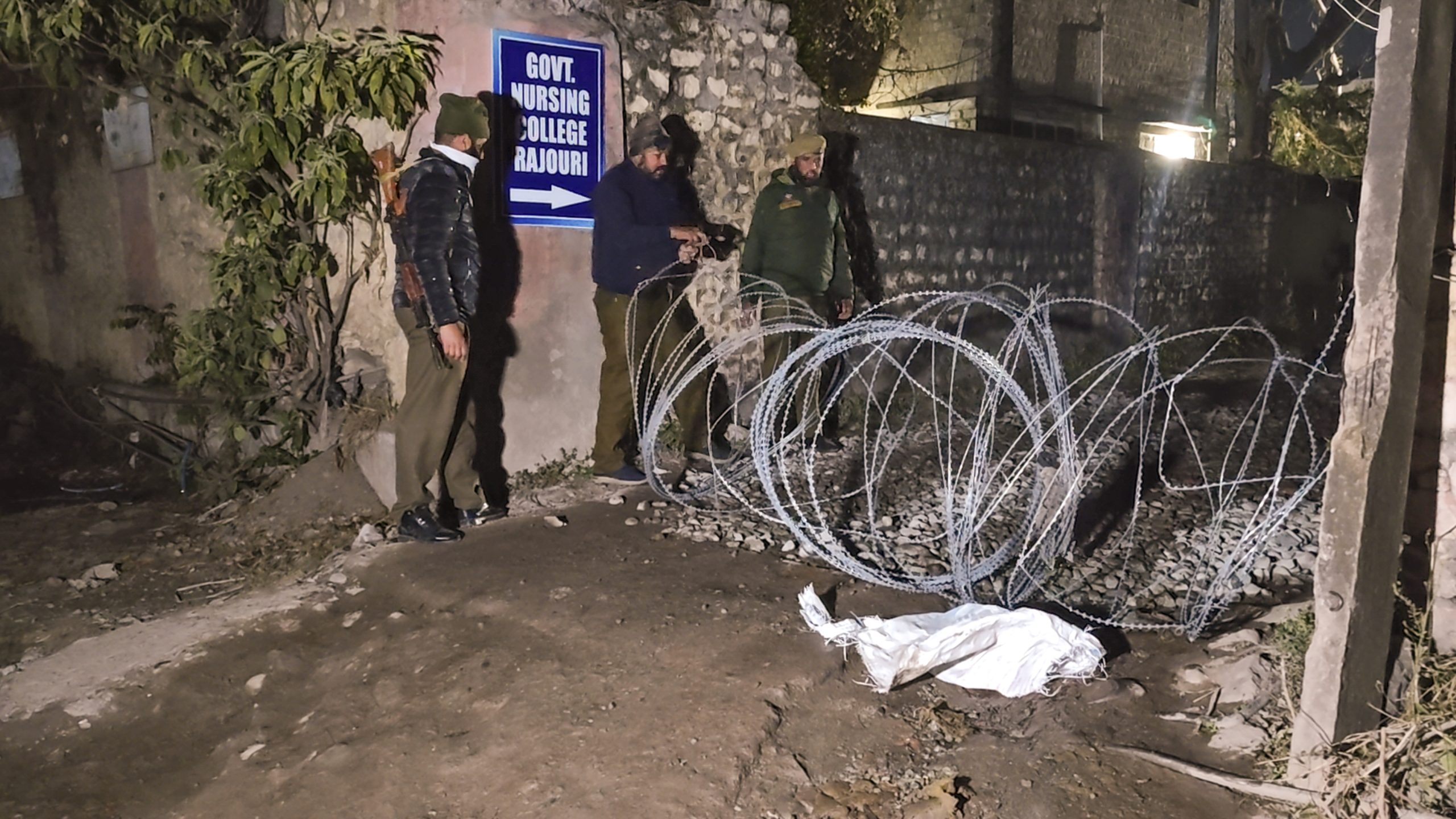NEW DELHI, Jan 25: The NHRC has accepted a petition from a RTI activist in Jammu concerning the unexplained deaths of 17 individuals from three Scheduled Tribe families in a secluded village of Jammu and Kashmir’s Rajouri district over the last six weeks.
In his plea to the National Human Rights Commission (NHRC), Raman Sharma requested the statutory body’s intervention for “justice, relief, and proactive measures to protect the rights and dignity of individuals in at-risk areas.”
Seventeen individuals, including 13 children, died under unexplained circumstances in Badhaal village from December 7 to January 19. The affected patients exhibited symptoms of fever, pain, severe sweating, nausea, and loss of consciousness shortly before passing away within days of being hospitalized.
Initial investigations and samples suggested that these incidents were not the result of any communicable bacterial or viral disease and that there was no public health implication, which led police to establish a Special Investigation Team (SIT) after detecting certain neurotoxins in the deceased’s samples.
A central inter-ministerial team has also joined the multi-agency investigation to uncover the cause behind these fatalities.
“The families and community of Badhaal village require immediate assistance… The commission (NHRC) will implement the necessary steps to ensure justice, relief, and proactive measures to uphold the rights and dignity of individuals in vulnerable regions,” stated the RTI activist in his petition on Thursday.
He further requested the NHRC to send a team to Rajouri for direct engagement with the victimized families and to collect firsthand information.
The NHRC has accepted the petition and assigned a case diary number to the petitioner.
In his petition, Sharma insisted on immediate financial aid, as well as medical and psychological support for the affected families, emphasizing their disadvantaged circumstances.
He stressed the urgency of the NHRC’s involvement to accelerate the investigation and guarantee transparency and accountability.
Additionally, he has urged the NHRC to propose preventive strategies to avert such tragedies in the future, which may include regular testing of water supplies, awareness programs on chemical safety, and enhancements to healthcare infrastructure in rural regions. (Agencies)


Leave a Reply